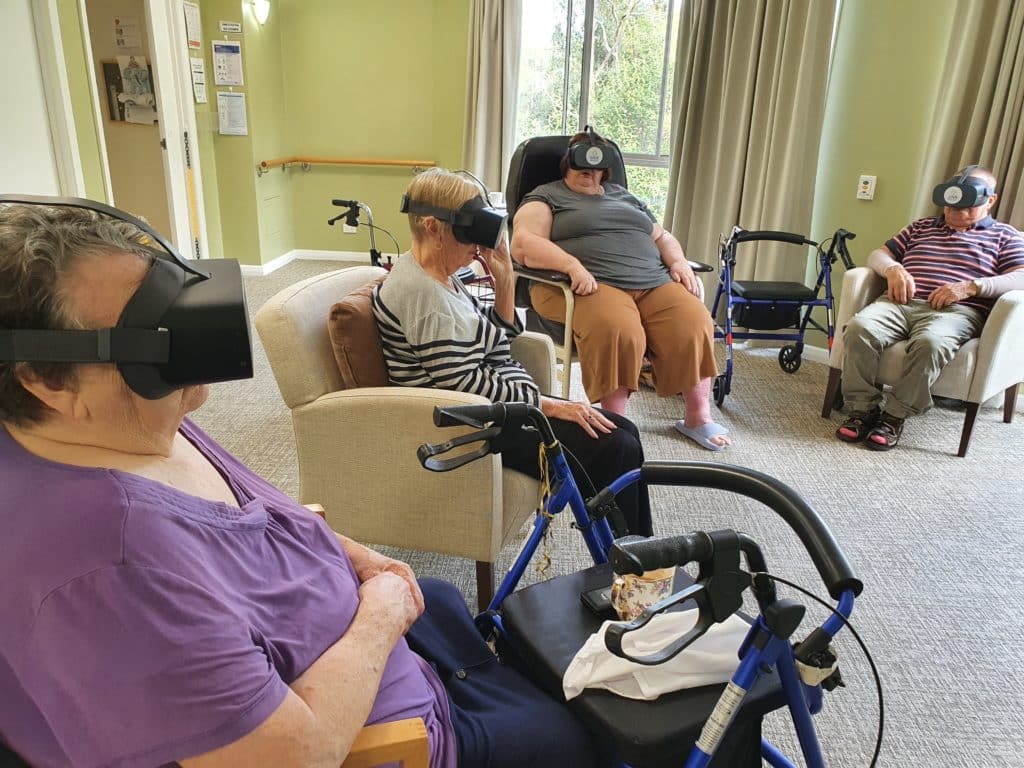Dementia is a collection of neurological symptoms that are caused by disorders affecting the brain. People who live with dementia go through symptoms which affect their thinking, behaviour and their ability to perform everyday tasks. With a population that is rapidly ageing, it is a medical condition that affects nearly 10 million people each year.
What can we do?
People who live with dementia go through much more than just memory loss. There are a variety of psychological impacts such as depression and anxiety. However, there are therapeutic treatments to help manage the symptoms and provide some relief to those affected such as reminiscence therapy. This is the practice of triggering long-term memories to improve cognitive abilities. You can read more about reminiscence therapy here.
Using VR to provide relief
When it comes to therapy for dementia, there’s added benefit to digitising these remedies. A study has found that reminiscence therapy with the use of VR improved the participants’ morale. This could potentially improve the overall well-being of people living with dementia as they are able to fully immerse themselves into their own therapy. Using VR adds to the level of engagement and morale of those receiving the therapy.
In some instances, there are older adults living with dementia who have family members they aren’t living with. In these cases, VR sessions with the family could improve the well-being of the older adult living with dementia. VR has been proven to provide opportunities for these older adults to travel, relive their past and engage with family members despite being physically separated from them.
With therapy for dementia, incorporating VR can bring a world of possibilities to the experience. By providing an opportunity to engage with family members and immerse themselves into their experience with therapy, we can potentially see an improvement in the symptoms of dementia that include depression and anxiety and an overall improvement in the well-being of people living with dementia.


